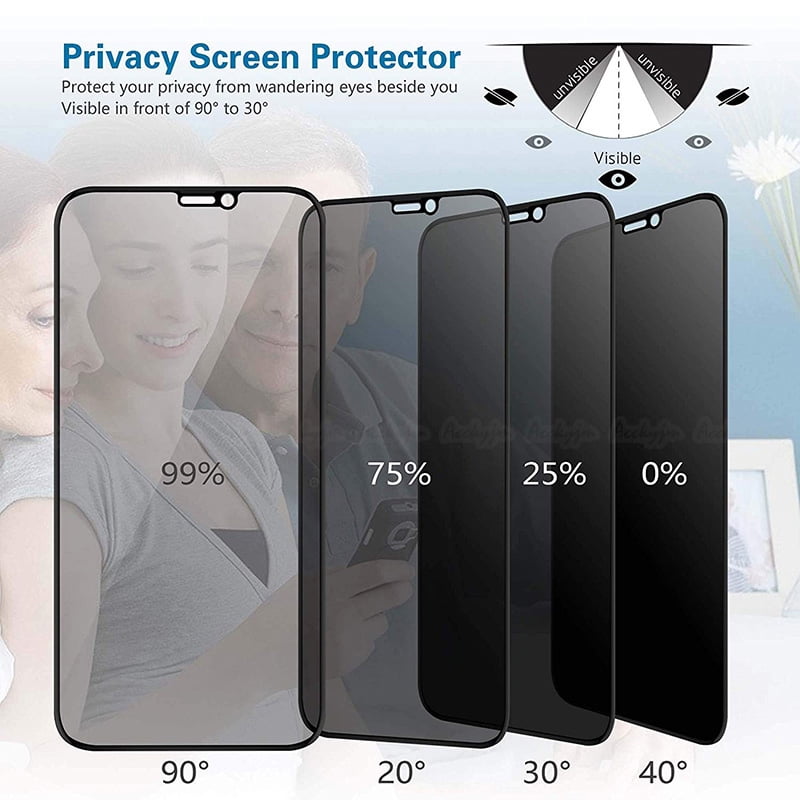
Several companies have signaled through their earnings that the ATT change is affecting them, but they remain optimistic that they can build new attribution systems using Apple's replacement or their own first-party data, and tune targeting with data they have, like purchase history or similar demographics. "We see that the cost of media is increasing, especially for the users who have consented to tracking, because they're really valuable," Rosenfelder said. Users who opt-in have become even more valuable to advertisers, who can use the data they get from them to fine-tune campaigns for the users who opted-out, said Rosenfelder.

Of the people who see the pop-up, 38% are opting-in, and 62% are opting-out.
#Privacy pro for iphone update#
The update divided iPhone users into two categories: Those who opt-in to device tracking for ads, and those who don't.Ĩ6% of iOS devices are running a recent enough version of the software to be presented with ATT prompts, according to an October report from AppsFlyer.
#Privacy pro for iphone full#
It took a few months before advertisers started seeing the full effects of Apple's changes as iPhone owners update their software. "They've become the new number one player, and they passed Facebook, which dominated iOS in the past." 62% of iPhone owners are opting out "We've really seen a huge increase in Apple search ads market share," said Shani Rosenfelder, head of content for AppsFlyer, an ad measurement firm. While the changes have been marketed as a win for users, they're also benefitting Apple's advertising product, Apple Search Ads, which marketers are turning to for mobile ads that drive app installations. And, of course, many of them are deciding no," Cook said.Ĭook said that if app developers have trust from users, a larger percentage of them may allow device ID tracking. We're not making the decision, we're just simply prompting them to be asked if they want to be tracked across apps or not. "What we've been all about is putting the power with the user.

Peloton, which is an advertiser and doesn't sell ads, said last month that Apple's privacy feature hurt user growth.Įarlier this week during an interview, Apple CEO Tim Cook declined to comment on the feature's impact on other companies but said ATT was released to give users the choice of what happens on their devices. Snap CEO Evan Spiegel said that the privacy feature continued to pose risks to the company's fourth-quarter earnings, and the company said that holiday-quarter sales would be around $1.18 billion - significantly lower than the $1.36 billion in sales Wall Street was expecting at the time. Snap's stock got hammered last month after it came in light on sales, which the company blamed on Apple's privacy changes.

-1200x1200.jpg)
Facebook said its revenue would have grown sequentially in the September quarter if not for the Apple ad changes. Meta, Facebook's parent company, warned last month that adoptions of the features had hit "critical mass" and made its ads less effective at targeting lucrative potential customers.
#Privacy pro for iphone download#
The privacy feature has upended the behind-the-scenes mechanics of many mobile ads, especially those that confirm whether a purchase or download was made. Over six months later, it's clear most iPhone users did opt-out, and the feature, called App Tracking Transparency (ATT), is now presenting challenges to companies ranging from Snap to Facebook to Peloton.


 0 kommentar(er)
0 kommentar(er)
